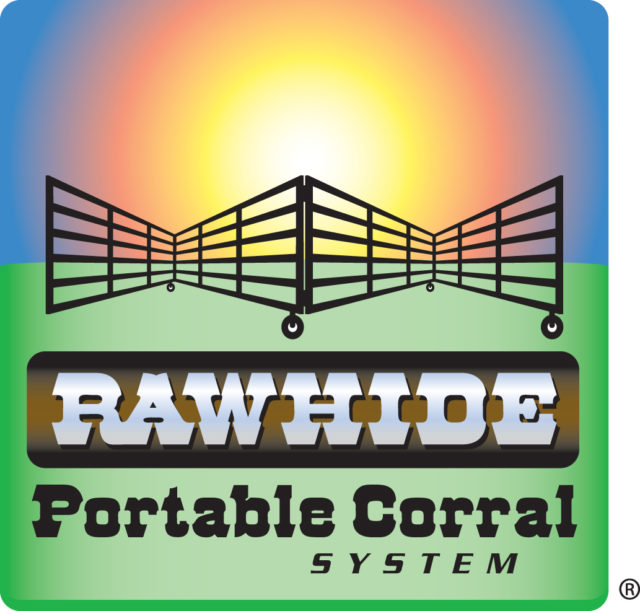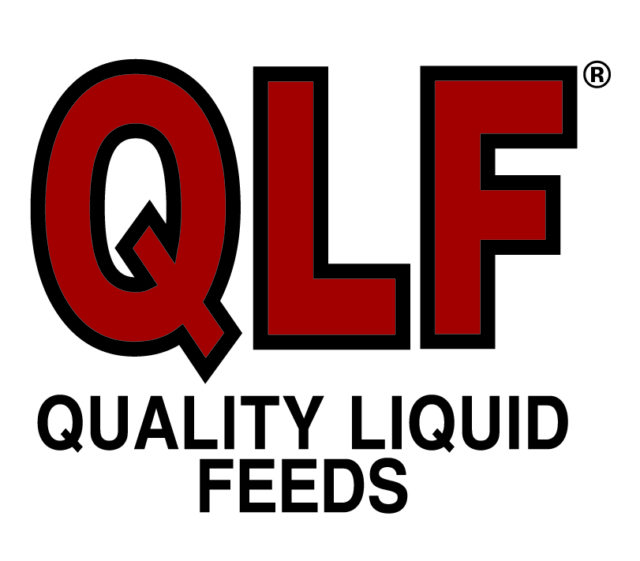Effective trace mineral supplementation of ruminants during critical periods can increase the efficiency of production. Poor immuno-competence, poor reproduction efficiency, lack of calf vitality (ill thrift) and other poor to sub-optimal trace element-dependent functions in ruminants frequently occur.
These symptoms illustrate clearly that utilizing the oral route of trace element supplementation may not result in the optimization of trace element functions during stress events.
During stress events, injectable trace elements offer a management tool to supply needed trace minerals.
Zinc activates enzymes and is a component of metalloenzymes and has an important role in the immune system and reproductive hormones.
Zinc is essential for onset of estrus, reproductive capacity and proper sexual maturity, and has a role in repairing and maintenance of uterine tissue following parturition.
Bulls require zinc to maintain proper testicular growth, semen quality and libido.
Infertility, delayed or suppressed estrus, retained placenta, necrosis of the placenta, poor conception and resorption of fetus are symptoms of a copper deficiency.
Reproductive failure is commonly observed in copper-deficient mammals, while copper is also vital for the health and survival of newborn calves.
Marginal selenium deficiencies can cause abortion, retained placenta and weak calves with white muscle disease.
Marginal deficiencies can cause an increase in mastitis duration and severity and reduced reproductive performance. Compromised selenium status is associated with poor uterine involution and weak or silent heats.
Manganese can affect fertility directly because of its involvement with steroid hormone synthesis.
A recent study completed at Kansas State University investigated the effects of injectable trace minerals on the reproductive performance of beef cows.
Two different treatments, a single injection of an EDTA-chelated source of soluble Cu, Se, Mn and Zn (Multimin, Fort Collins) containing 15 mg copper, 60 mg zinc, 10 mg manganese and 5 mg selenium and saline-injected controls were used in the trial.
Conception to A.I. in cows that received the trace mineral injection were significantly greater (60.2 percent) compared to saline-injected (51.2 percent) cows.
Trace element supplementation not only prevents trace mineral deficiencies, but proper trace mineral supplementation optimizes natural resistance through the immune system and improves trace mineral status.
Sub-optimal deficiencies of trace minerals are more difficult to correct than acute deficiencies, because the outward signs of sub-optimal trace minerals are not evident.
Cattle production today considers nutrient supplementation beyond correcting for deficiencies.
Trace elements zinc, manganese, selenium and copper as well as antioxidant vitamins and other phyto-chemicals are of particular importance, acting individually and in combination to enhance animal reproduction and to optimize the immune system for health.
Injectable trace mineral products should contain a combination of trace minerals that can make a significant contribution to the trace mineral status of the animal.
The injectable trace mineral product should be compatible for injection and contain trace minerals for essential functions.
Injectable trace minerals should enhance the trace mineral-dependent functions at critical times in the life cycle of ruminants.
It is important that injectable trace mineral combinations should not be considered as an alternative to oral supplementation programs, but as a complementary route for critical trace mineral demands to improve reproduction and immune function.
When injectable trace minerals are used as a complementary route to the oral supplementation program, an enhancement of trace mineral-dependent functions during critical times will be improved.
Injectable trace minerals have been shown to be effective in increasing trace mineral status in ruminants and should be considered as a complementary route of trace mineral supplementation during critical times.
The oral route of supplementation can result in adequate trace mineral consumption if intake is adequate and the proper levels and sources are included in the diet.
Injectable trace minerals offer good insurance as to adequacy of trace minerals during stress and critical periods.
Orally supplemented trace mineral absorption is complicated by variation in consumption of mineral supplements and minerals in the feed, the bioavailability of the trace mineral and interference by other minerals and compounds.
Sub-optimal trace mineral conditions can exist and trace mineral-dependent functions that are lowered at critical times.
Critical events such as calving, breeding, weaning, adaptation in feedlots and disease are stress events where injectable trace minerals would give improved performance of beef cattle.
Trace element supplementation programs based on oral supplementation may be unable to optimize trace element-dependent functions in ruminants, especially at critical times when optimal immune function and reproduction efficiency are of economic importance.
Effective trace mineral supplementation of cows during these critical periods – breeding, rebreeding and weaning – can increase the efficiency of production.
These critical events illustrate clearly that utilizing the oral route of trace element supplementation may not result in the optimization of trace element functions during stress events.
During the stress events, injectable trace elements offer a management tool to supply needed trace minerals for improvement of the immune system and production during critical times in the life cycle of cattle.
An injectable trace mineral preparation as a supplement for cow-calf operations offers an effective method to improve the reproductive performance of beef cows.
A single injection of an EDTA-chelated source of soluble Cu, Se, Mn and Zn, administered concurrently with vaccinations, as well as prior to calving and prior to breeding in cows and in calves at birth and prior to weaning, are prudent procedures that may improve reproduction and performance. ![]()
David Hutcheson, Ph.D., is a consultant with Animal Agricultural-Consulting Inc. in Amarillo, Texas. K.S. Eng, Ph.D., is with Eng Inc., of San Antonio, Texas.








